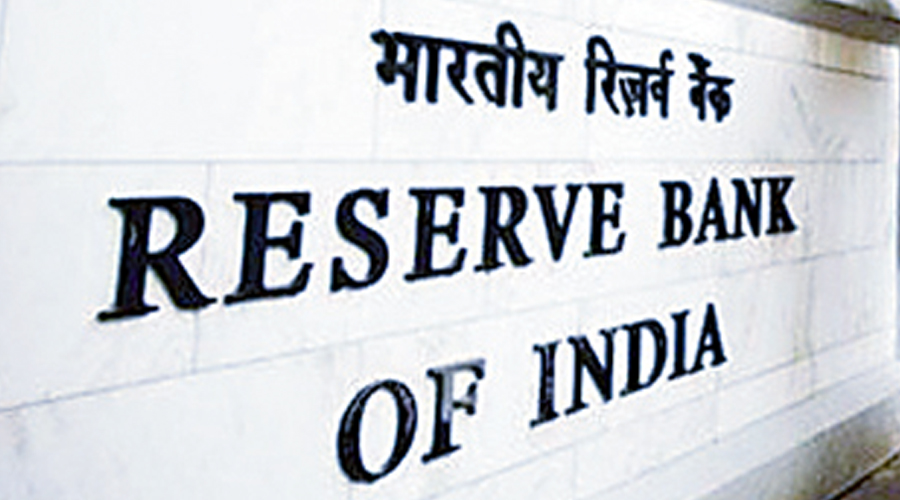The Narendra Modi-government will not release the Reserve Bank of India’s report submitted last month that explained why the central bank had failed to cap inflation at 6 per cent for three consecutive quarters this year. Under the RBI Act, the central bank must submit such a report to explain the breach in the inflation target that is set in a range of 2 to 6 per cent.
On Monday, Pankaj Chaudhary, minister of state for finance, said “the provisions of the RBI Act and Regulations therein do not provide for making the report public”, while fielding a loaded question from Jayadev Galla, Andhra Pradesh MP from the Telugu Desam Party, who also happens to be the MD of Amara Raja Batteries.
The trouble is that Chaudhary is clearly prevaricating: the proviso does not say anything about the need to keep the report secret. But by the same token, it does not explicitly state that the report needs to be placed in the public domain.
The argument teeters on a negative construct: if it ain’t there, we will not disclose. Section 45ZN of the RBI Act says that if the RBI fails to meet the target, it shall submit a report to the central government citing reasons for failure to achieve the inflation target, suggest remedial actions, and project a time period by when the inflation target will be achieved.
There is no mention of any need to ensure secrecy of the report. Regulation 7 of RBI MPC and Monetary Policy Process Regulations, 2016 deals with the process to be followed in the event of such a meeting. It says that the secretary to the panel shall schedule a separate meeting as part of the normal policy process to discuss and draft the report to be sent to the central government under the provisions of Section 45ZN of the Act.
Again, there is no mention of secrecy. The RBI held a meeting of its six monetary policymakers on November 3 to discuss the reasons for the inflation breach and sent the report about a week later. The buzz is that the RBI did not pull its punches and blamed the government’s failure to act swiftly to deal with the disruption in the supply chains after the outbreak of the war in Ukraine. At no point has the RBI has ever suggested that there should be a shroud of secrecy over its report. At a banking event in November, the RBI governor said the report would eventually be made public.
“The first right of receiving the letter lies with the government. In due course, sooner or later, it will be out. Nobody is hiding anything from the public, but it is a question of time,” Das had said. On September 30, while addressing reporters after the monetary policy meeting, governor Das said: “What we will write (in the report), I will not say. But as I have said earlier, we are expecting the inflation to come down close to the target over a two-year cycle. That was our expectation earlier and even now. But then again, there are so many uncertainties that are playing out and coming in from time-to-time.”
He had maintained that the report was a privileged communication between the RBI and the Centre but it was the government’s prerogative to decide when to release it, if at all. The Modi government is now trying to use the fig leaf of a non-existent legislative provision to justify its decision not to release a report that might contain sensitive comments from the monetary policymakers. Meanwhile, an observer said the RBI Act is at best silent on whether the report can be made public.
Analysts also said the law does not debar the government from making the report public. Conversely, they added, the Act does not make it mandatory for the Centre to make it public. In a climate that encourages opacity, it is futile to expect the Modi government to be transparent about criticism from the RBI of its actions. But it is downright perverse to suggest that the Act or the regulations bar disclosure.










